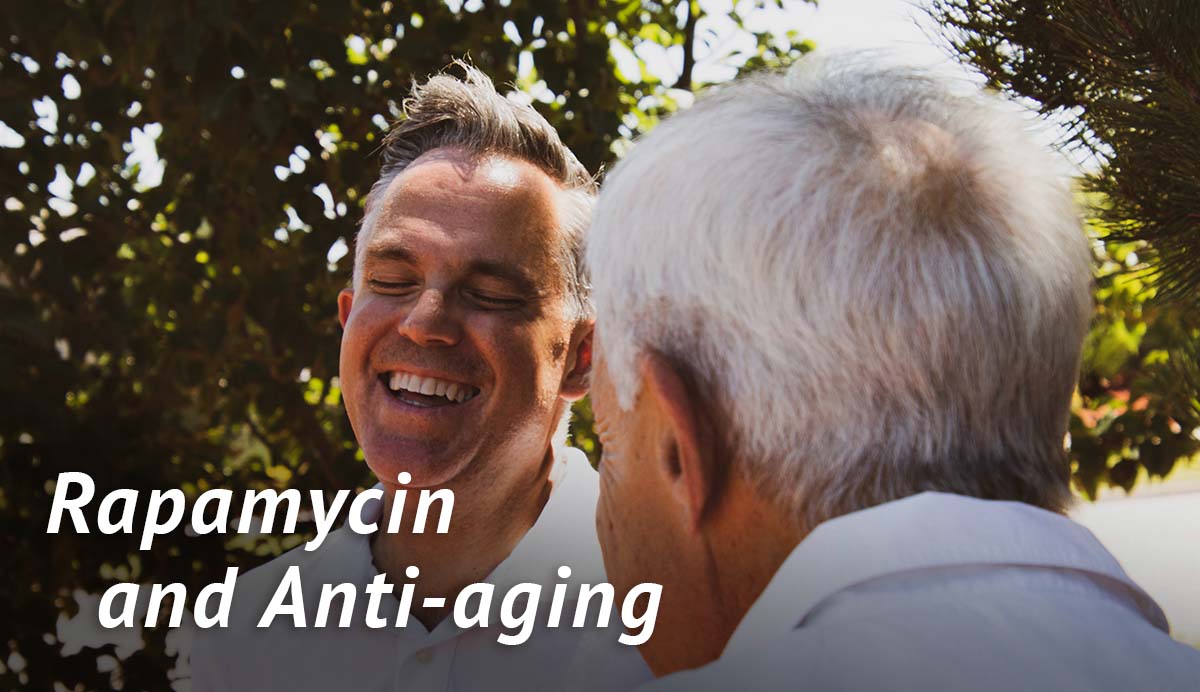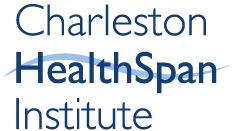
26 Oct Rapamycin and Anti-aging
Rapamycin is a long-studied compound that has recently gained attention as having anti-aging properties. The substance itself, also known as Sirolimus in scientific literature, works as an mTOR inhibitor that has been used in several cases to treat different forms of cancer. It has been shown to boost immunity in cancer patients, which is associated with better outcomes.
Not until recently, however, have the anti-aging effects of Rapamycin have been investigated in full. Doses of this substance may actually be able to stimulate the immune system and lower the risk of cancer in elderly patients. The drug has already been shown to prolong life in mice by a significant margin and lead to healthier outcomes for disease complications in mouse models.
Intermittent usage of the drug in small doses has been linked to a longer lifespan as well as the proliferation of stem cells while still keeping any potential side effects at bay.
Rapamycin has been shown to extend lifespan in many other models, including flies, yeast and worms. The age-slowing effect of this drug has been evidenced by its numerous studies looking at how the pathway it targets, the mTOR pathway, is implicated in many of the classical manifestations of aging in relation to lifespan.
Rapamycin has been shown to yield tremendous benefits in various age groups. It has also been shown to potentially lower the risk of cancer even though it has been used as a defense against the disease in different cases. The drug is most effective when used before the onset of any disease or symptoms related to illness because in effect, it slows aging as a whole.
Further testing will be done in the future through clinical trials looking at life-long effects of this novel compound. Still, all signs and evidence indicate the efficacy of this drug in the anti-aging and age-slowing realm and point toward its enormous benefits.
Source: https://www.ncbi.nlm.nih.gov/pmc/articles/PMC6814615/

Sorry, the comment form is closed at this time.